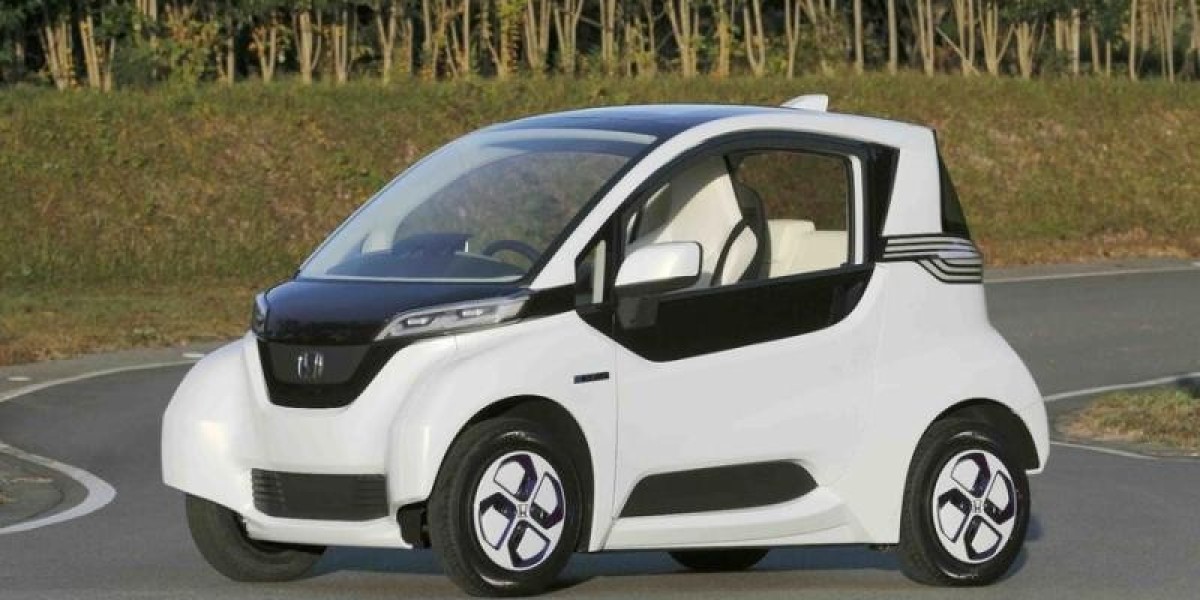Introduction
Hybrid vehicles have gained significant traction in the automotive market, blending traditional internal combustion engines (ICE) with electric propulsion systems to create a more efficient and eco-friendly driving experience. As concerns about climate change and fossil fuel dependency grow, hybrid vehicles offer a promising solution to reduce emissions and enhance fuel efficiency. This article explores the key components, market dynamics, benefits, challenges, and future trends related to hybrid vehicles, drawing insights from recent market research.
Understanding Hybrid Vehicles
Hybrid vehicles combine two or more power sources to drive the vehicle. The most common type is the hybrid electric vehicle (HEV), which utilizes both an internal combustion engine and an electric motor. Key components of hybrid vehicles include:
- Internal Combustion Engine (ICE): The traditional engine that runs on gasoline or diesel.
- Electric Motor: Provides additional power and improves fuel efficiency, especially during acceleration.
- Battery Pack: Stores energy for the electric motor, typically charged through regenerative braking or the ICE.
- Power Control Unit: Manages the distribution of power between the engine and the electric motor.
Market Overview
According to the latest research from Market Research Future, the global hybrid vehicle market is experiencing robust growth. Several factors are driving this trend:
- Increasing Environmental Awareness: Growing concerns over air pollution and greenhouse gas emissions are prompting consumers to seek greener alternatives.
- Government Incentives: Many governments worldwide offer incentives, such as tax breaks and rebates, to encourage the adoption of hybrid vehicles.
- Technological Advancements: Continuous improvements in battery technology and hybrid systems are making hybrid vehicles more efficient and affordable.
Benefits of Hybrid Vehicles
Hybrid vehicles offer numerous advantages that contribute to their growing popularity:
Improved Fuel Efficiency
One of the primary benefits of hybrid vehicles is their enhanced fuel efficiency. By combining an ICE with an electric motor, hybrids can achieve significantly better mileage compared to traditional gasoline-powered vehicles. This not only reduces the frequency of refueling but also lowers overall fuel costs.
Reduced Emissions
Hybrid vehicles produce fewer emissions than conventional vehicles, helping to combat air pollution and reduce the carbon footprint. By utilizing electric power during low-speed driving and acceleration, hybrids minimize the reliance on fossil fuels.
Regenerative Braking
Hybrid vehicles often feature regenerative braking systems that capture energy typically lost during braking and convert it into electricity to recharge the battery. This innovative technology enhances overall efficiency and extends the vehicle's range.
Quiet Operation
When operating on electric power, hybrid vehicles are quieter than traditional vehicles, contributing to reduced noise pollution, particularly in urban areas.
Challenges Facing Hybrid Vehicles
Despite their advantages, hybrid vehicles face several challenges that may hinder their widespread adoption:
Higher Initial Costs
The upfront cost of hybrid vehicles can be higher than that of conventional vehicles due to the complexity of their technology and components. This can deter potential buyers, especially in price-sensitive markets.
Limited Electric Range
While hybrid vehicles offer improved fuel efficiency, their electric-only range is often limited compared to fully electric vehicles (EVs). This may not meet the needs of consumers looking for a purely electric driving experience.
Maintenance and Repair Costs
Although hybrid vehicles can be more efficient, they may require specialized maintenance and repairs, which can lead to higher long-term ownership costs.
Future Trends
The hybrid vehicle market is poised for significant evolution, with several trends expected to shape its future:
Technological Advancements
Ongoing advancements in battery technology, such as solid-state batteries, promise to enhance the performance and efficiency of hybrid vehicles. These innovations could lead to longer electric ranges and reduced charging times.
Integration with Autonomous Technology
The convergence of hybrid technology with autonomous driving systems is anticipated to create a new class of vehicles that offer both eco-friendliness and advanced safety features.
Expansion of Charging Infrastructure
As the demand for hybrid and electric vehicles grows, the expansion of charging infrastructure will play a crucial role in supporting their adoption. Improved access to charging stations will alleviate range anxiety among consumers.
Increased Consumer Awareness
As awareness of environmental issues continues to rise, consumers are becoming more informed about the benefits of hybrid vehicles. This shift in mindset is likely to drive demand for greener transportation options.
Hybrid vehicles represent a significant step towards sustainable transportation, offering a practical solution to reduce emissions and improve fuel efficiency. With a growing market driven by technological advancements and increased environmental awareness, hybrids are well-positioned for continued growth. While challenges remain, the future of hybrid vehicles looks promising, as they pave the way for a cleaner and more efficient automotive landscape. As we move towards a more sustainable future, hybrid vehicles will play a vital role in transforming the way we think about transportation and its impact on the environment.







